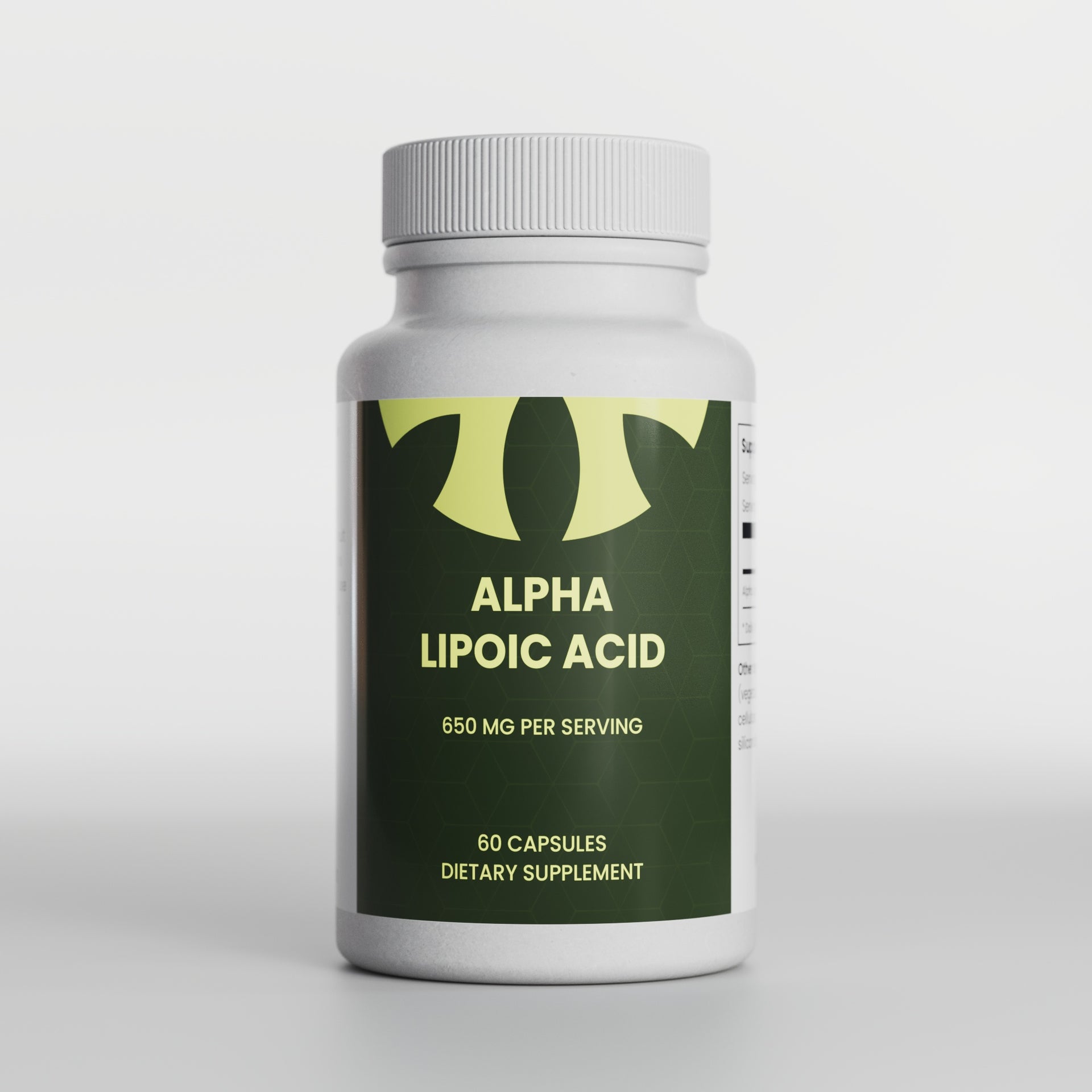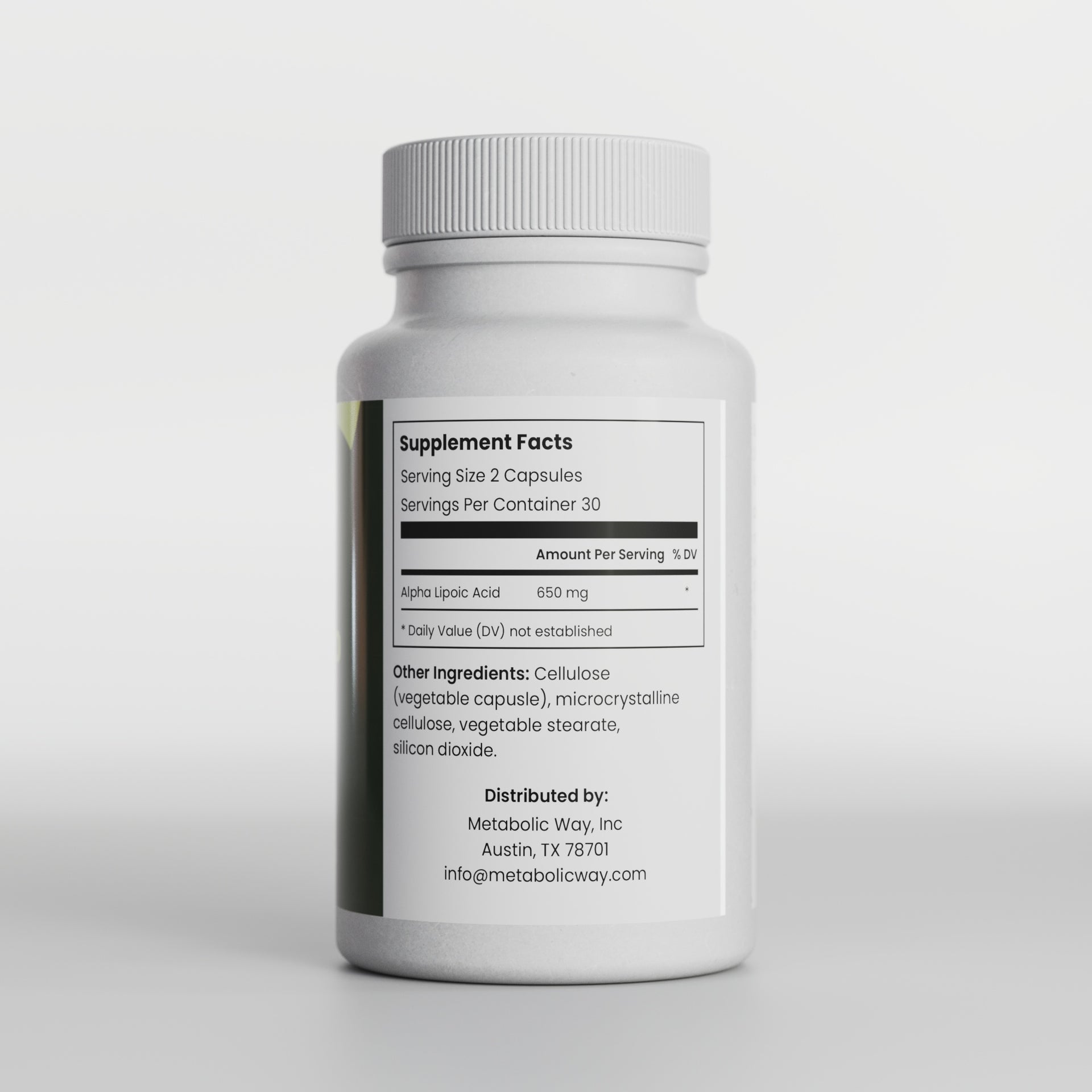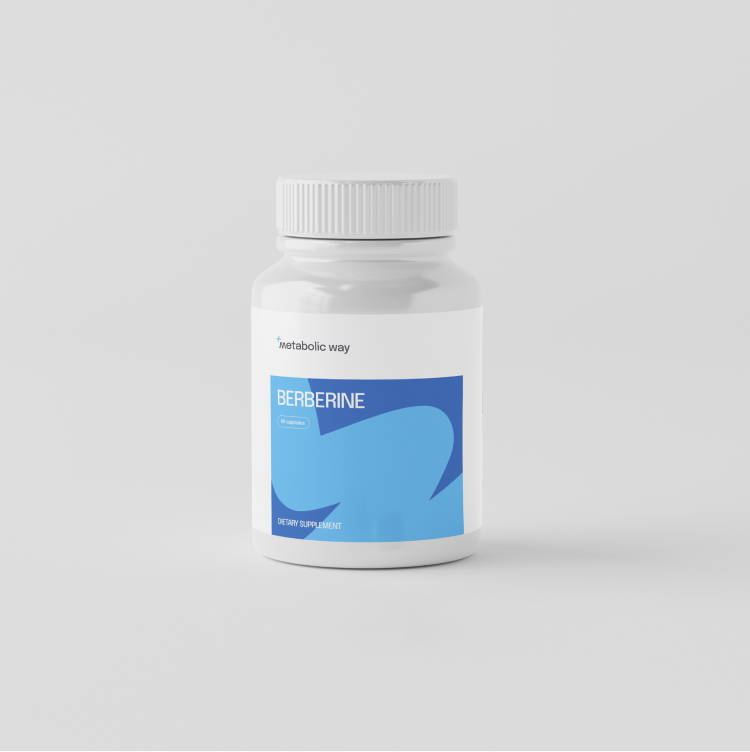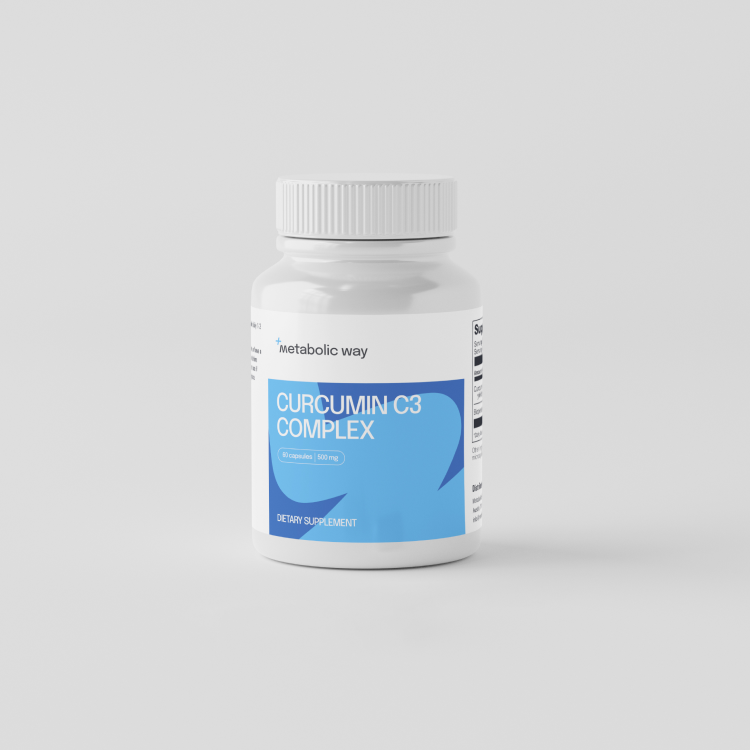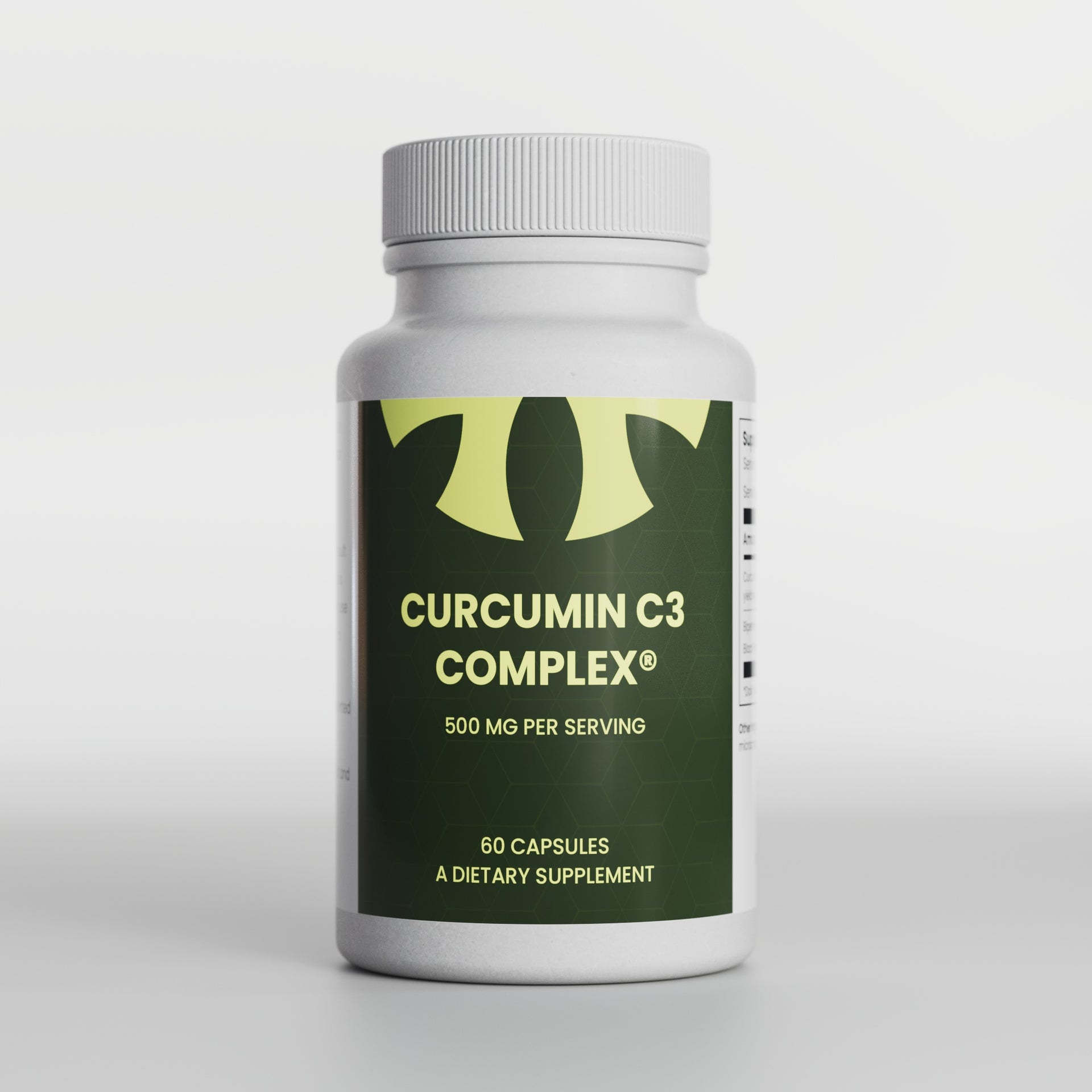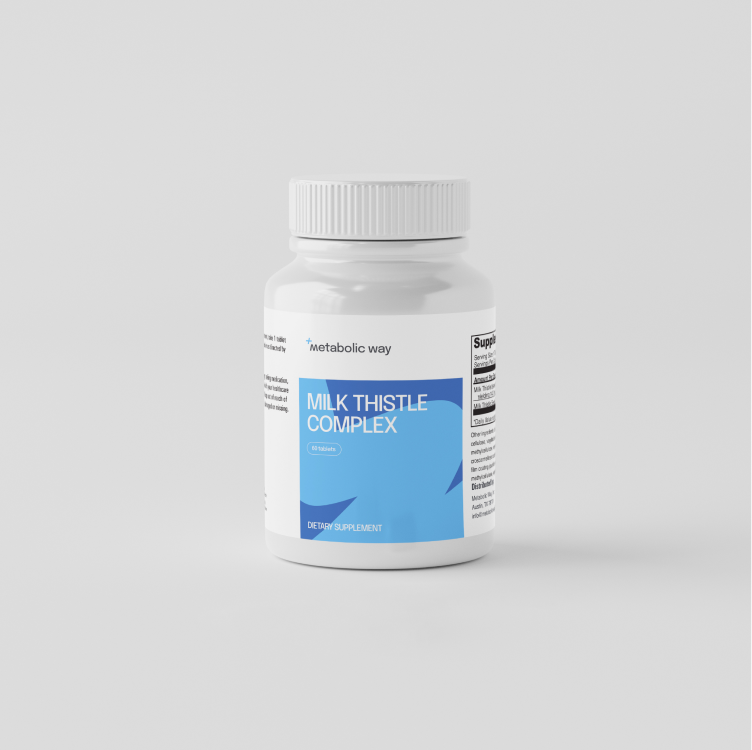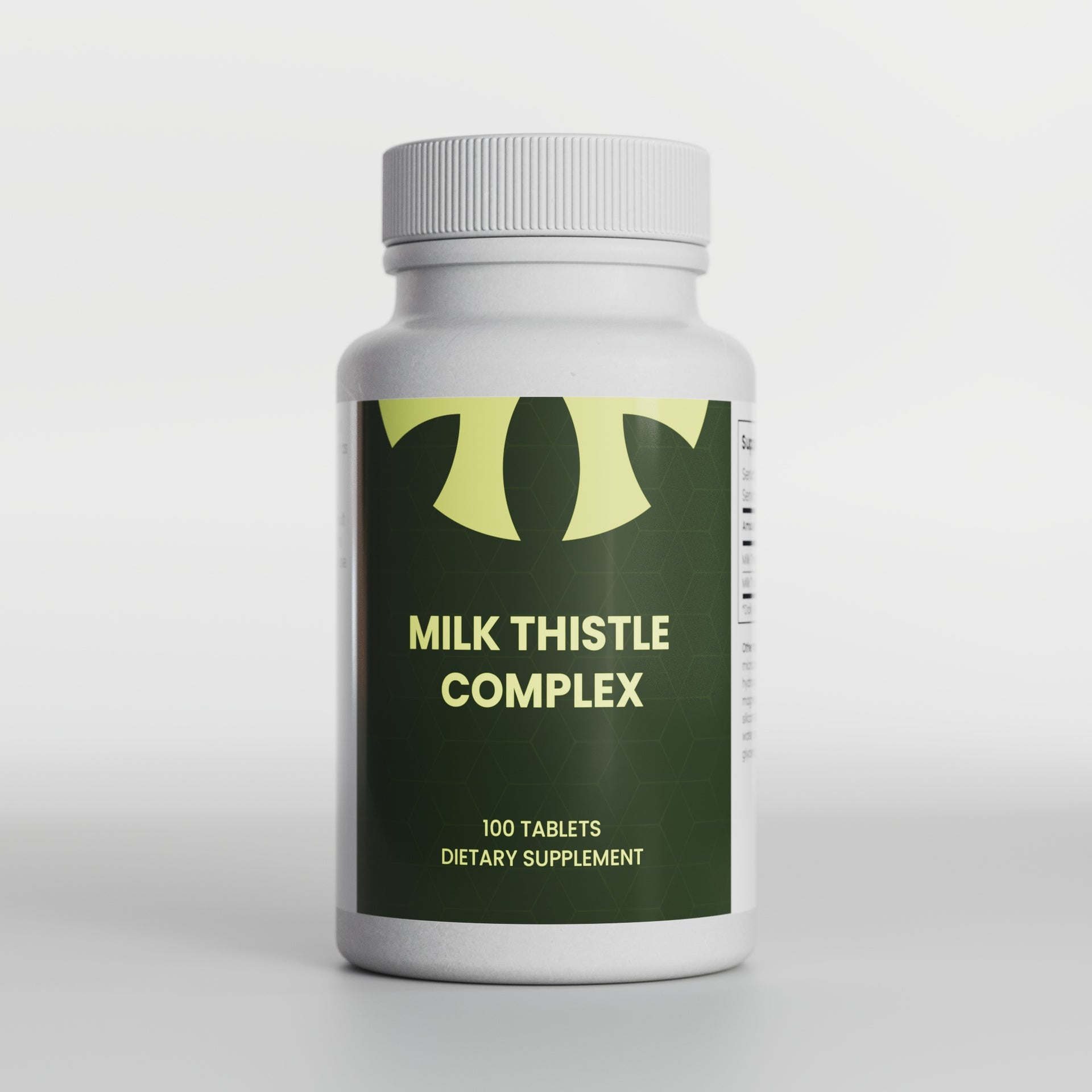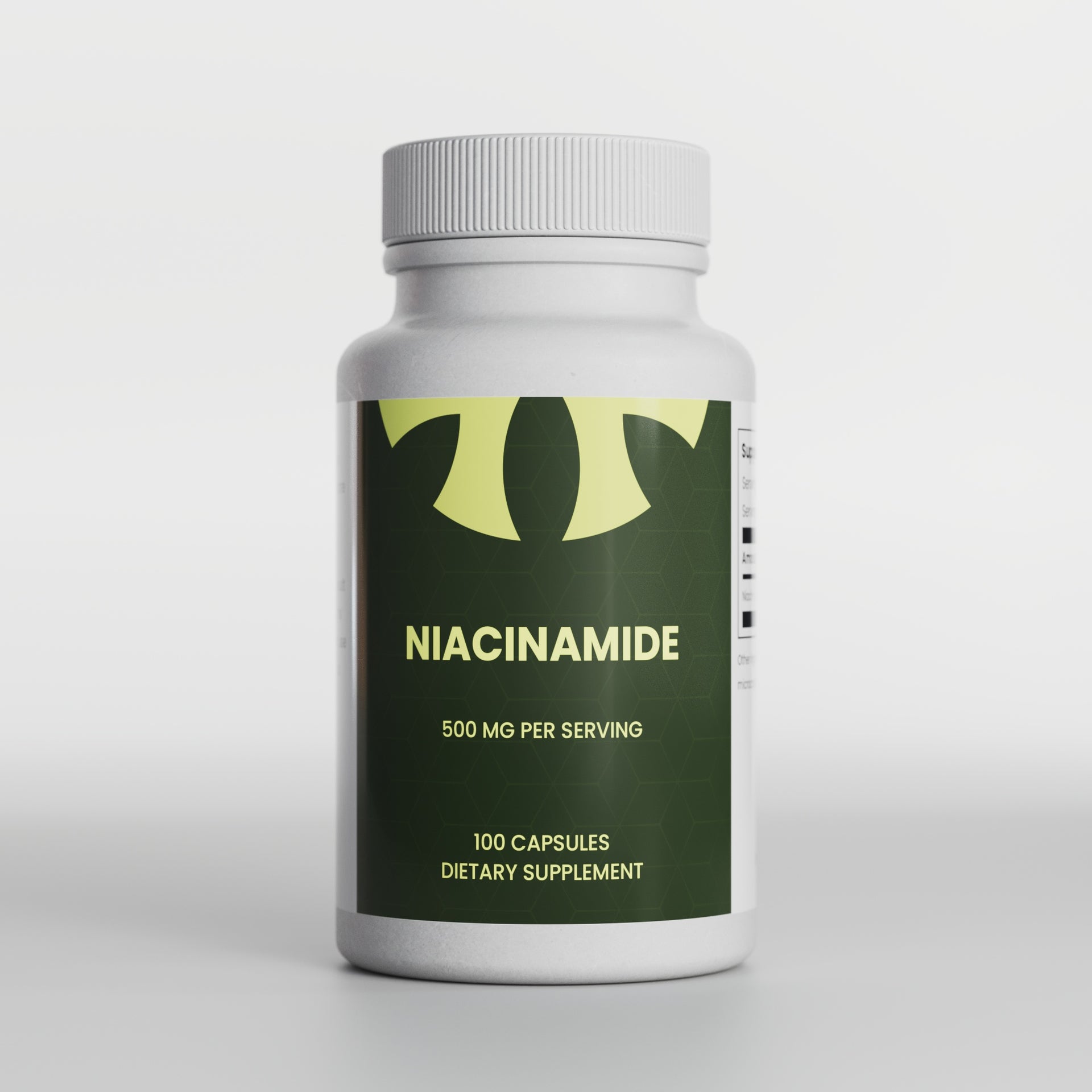Research Highlights:
Main Point 1: A recent study sheds light on the significant association between chronic inflammation and an elevated risk of high-grade prostate cancer, offering valuable insights for cancer prevention and treatment.
Main Point 2: The research, involving 191 men with prostate cancer and 209 controls, underscores a 78% higher risk of prostate cancer in individuals with inflammation in biopsy cores, as well as a doubled risk of aggressive disease.
Main Point 3: While this observational study establishes a clear connection between prostate inflammation and prostate cancer, it does not definitively establish inflammation as the cause of prostate cancer. Nevertheless, it paves the way for potential preventive and intervention strategies.
Additional Points: The study delves into the implications of these findings for the future of prostate cancer research and patient care.
Scientifically Reviewed by: [Reviewer Name, Credentials], in [Month, Year]
Introduction
Chronic inflammation has long been a subject of interest in the realm of cancer research, particularly concerning prostate cancer. In this article, we delve into a recent study that illuminates a significant link between chronic inflammation and an increased risk of high-grade prostate cancer. While this association does not definitively establish inflammation as the cause of prostate cancer, it offers crucial insights that hold promise for both prevention and intervention strategies in the fight against this prevalent cancer.
What You Need to Know
Point 1: Chronic Inflammation and Prostate Cancer The study underlines the profound association between chronic inflammation and prostate cancer risk. By examining a group of 191 men with prostate cancer and 209 control subjects, researchers have unveiled a 78% higher risk of prostate cancer in individuals displaying inflammation in their biopsy cores. Furthermore, those with inflammation faced more than twice the risk of aggressive prostate cancer.
Point 2: Observational Study While the study establishes a clear connection between prostate inflammation and prostate cancer, it is essential to note that it does not definitively prove inflammation as the direct cause of prostate cancer. Instead, it highlights a compelling association that calls for further investigation and exploration.
Point 3: Implications for Future Strategies The findings of this study open doors to potential strategies for preventing inflammation or intervening when it occurs. As we continue to unravel the complex relationship between inflammation and prostate cancer, these insights hold promise for the future of cancer research and patient care.
Additional Points: In this section, we will explore the broader implications of these findings for prostate cancer research and discuss potential avenues for future studies and clinical interventions.
Section 1: Chronic Inflammation and Prostate Cancer Risk
In this section, we will delve deeper into the study's methodology and results, emphasizing the increased risk of prostate cancer associated with chronic inflammation. Utilize scientific evidence, statistics, and citations to support your argument and showcase the significance of these findings.
Subsection 1.1: Study Methodology Provide an overview of the research methodology, detailing how the study was conducted, the number of participants involved, and the criteria for selecting individuals with and without prostate cancer. Highlight the importance of biopsy cores in assessing inflammation.
Subsection 1.2: Key Findings Present the study's key findings, including the 78% higher risk of prostate cancer and the doubled risk of aggressive disease in individuals with inflammation in their biopsy cores. Include relevant statistics and data to underscore the significance of these results.
Section 2: Understanding the Inflammation-Cancer Connection
In this section, discuss the complex relationship between chronic inflammation and prostate cancer. Explore potential mechanisms by which inflammation may contribute to the development and progression of prostate cancer.
Section 3: Future Directions and Strategies
Examine the potential implications of these findings for future research and clinical strategies. Discuss how this newfound knowledge can be translated into preventive measures or interventions aimed at reducing inflammation-related prostate cancer risks.
Summary
In summary, the recent study highlighting the link between chronic inflammation and high-grade prostate cancer provides valuable insights into the complex world of cancer research. While not conclusive in establishing inflammation as the sole cause of prostate cancer, these findings offer
a promising avenue for further investigation and potential strategies for prevention and intervention. As we continue to unravel the intricacies of prostate cancer, understanding the role
of inflammation may hold the key to more effective approaches in the battle against this prevalent disease.
References:
- Cancer Epidemiol Biomarker Prev. 2014 Apr 18. [Reference 1]

